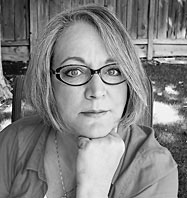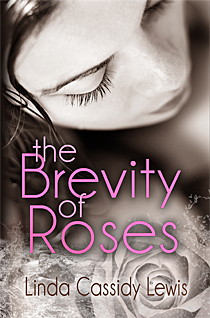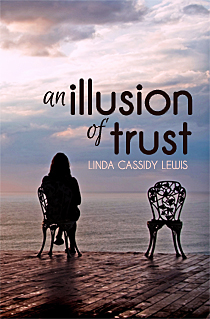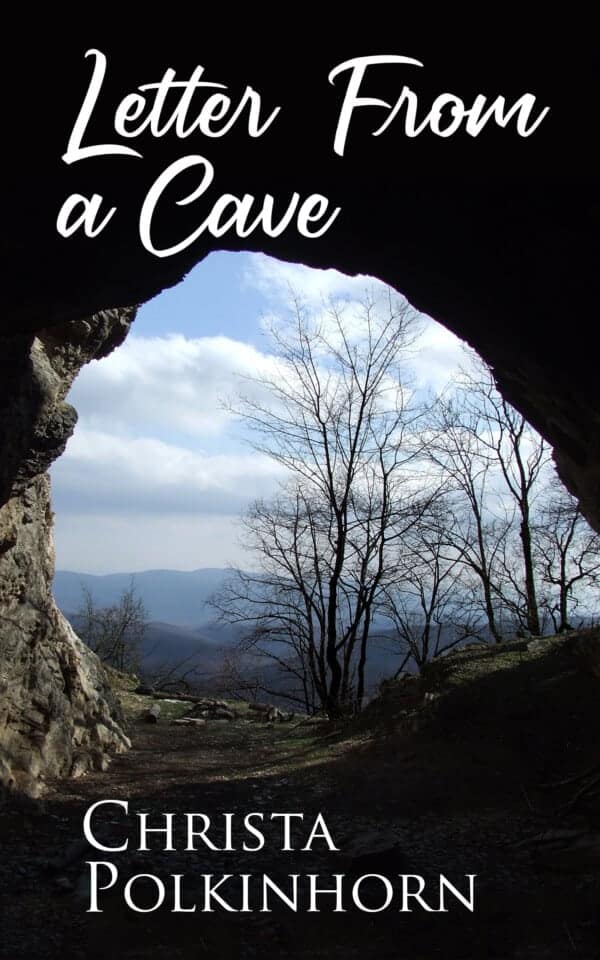I’m working on two novels that take place on vineyards, the first one on a vineyard in Tuscany and the second one on a vineyard in the Paso Robles region in California, along Hwy 101 about half-way between Los Angeles and the Bay area.
Since I love red wine, particularly Italian red wine, but know little to nothing about the actual process of making wine, I have to do a lot of research. I read books, navigate the internet, and visit tasting rooms and wineries. My friends of course nudge and wink whenever they mention my “research.” They probably think I sit around in tasting rooms or lie half-drunk between wine barrels on some estate.
Well, this is not the case, of course. I actually do serious research, but who says that serious research can’t be enjoyable and entertaining? Anyway, last year I had the opportunity to spend a week in Tuscany together with my relatives and friends in Switzerland. It was a wonderful experience and I wrote about it in a series of earlier blog posts:
This year, I tried to find wineries and vineyards in California. Now, that shouldn’t be too difficult, should it? After all, California is THE wine region of the United States and every since Californian wine won a blind tasting contest in France of all countries, also called “The Judgement of Paris,” the reputation of fine Californian wine has spread all over the world.
Therefore, it shouldn’t have been too difficult to find vineyards where I could watch the process of winemaking and ask questions. Actually, it turned out a little more difficult than I had expected. For one thing, as many vineyards and winemaking outfits as there are—and there are many!—most of the tasting rooms are not necessarily next to the vineyards or wineries. Many of them are full of tourists during the vacation season and you can’t just monopolize the time of the people who pour the wine and ask a lot of questions. Besides, you can’t just walk on someone’s property to look at his or her vines.
After a few unsuccessful sessions in tasting rooms, where I spent some money buying a few bottles of wine but getting little out of it with regard to solid information about winemaking, I approached my research somewhat more intelligently. I honed in on smaller outfits and on vineyards and wineries that produce Italian wines, since this is the kind of background my novels focus on.
And lo and behold, I found a gem of a winery, which was just perfect for what I was looking for: the Caparone Winery on the westside of Paso Robles:
www.caparone.com.It is an artisan winery, tucked away in the hills of Paso Robles, run by a father-son team. I found their address and got a little background from their website, but when I drove up to Paso Robles and searched for it, it took me a while to find it. Used to large banners announcing wine tasting and all kinds of entertainment at other wineries, I nearly missed the Caparone sign.
I finally spotted a vineyard and a house on top of the hill. I followed the country road up to a large red-brown barn-like building. As I parked and got out of the car, it was very quiet and peaceful. Only the singing of a few birds interrupted the silence.
There was a small sign on the barn that said “Tasting,” so I opened the door, went inside, and stood smack in the winery itself: fermentation tanks on one side, stacks of barrels four levels high in the middle and the back, and boxes of bottled wine on the other side.

Somehow, I knew I had found what I was looking for. Here was finally an outfit that looked like a real winery and not just a glitzy tasting room. In fact, there wasn’t a tasting room at all but just a tasting area, a longish table with bottles of Caparone wines and wine glasses lined up neatly in a row. Behind it stood a young man who smiled and asked if I wanted to taste some wine.

Now, I certainly wasn’t going to turn down a taste of wine, particularly since there was no tasting charge. Other wineries usually charge ten dollars for tasting, unless you belong to their wine club. Marc Caparone poured me a glass of Sangiovese, one of my favorite wines, and it was truly delicious. So were the other two varietals of their estate wines I tried, Nebbiolo and Aglianico, both wines I had never had before. They were excellent—interesting, complex, with a lot of character and just the right amount of tannin. I’m not an expert on wines, not by a long shot. But I know what I like and I truly liked those wines. I have ordered several bottles since then.
However, it wasn’t just the wine, it was also the friendly, unassuming, and helpful attitude of the owners that I liked. The first time I met Marc I didn’t have much time to ask too many questions since I was just driving through on my way to the Bay area. But he immediately volunteered all kinds of information and gave me a good overview of the history of the vineyards and winery, of his family’s background, and of how his father, Dave Caparone, had started the winery back in 1979, although he had already been involved in research and winemaking for quite some time before that.
Here is an interesting article about the history of the winery and Dave Caparone’s early days making wine:
http://www.caparone.com/history-complete.html.
A few months later, I spent a whole week in Paso Robles and went back to the Caparones and it was then that I also met the father, Dave Caparone, who had started the vineyard and the winery. Now in his seventies, the trim, wiry man shows no sign of slowing down. According to his son, he still checks the vines every day, sometimes even at night.
As Marc and Dave told me, they do things a little differently from some of the other wineries in the area. They try to keep the whole process simple. They have thirteen acres of planted vines, which is moderate compared to the other estates. They are not taking part in wine contests, they are not investing millions in advertising. “We don’t like the show-biz approach to winemaking,” Dave Caparone said in his straightforward, no-nonsense demeanor and his son, Marc, agreed.
Instead, they focus all their energy on working the land in a sustainable fashion, planting their vines in the correct microclimate, cultivating the grapes carefully and with love, producing quality and complex wines, and selling them at affordable prices! They do all the work themselves with the exception of picking the grapes at harvest time, when they have a crew of people helping them, and again when it’s time to bottle the wine.
Since the family has been at it for over thirty years, they have a lot of experience, they know what works and what doesn’t, and they have many loyal customers from all over the country without having to spend a lot of money on spreading the word. Their wines speak for themselves and allow them to make a good living.
Both father and son took hours answering my questions, suggesting books, and showing me around. My initial hesitation of taking up too much of their time and asking too many questions began to fade as I began to feel they both truly enjoyed telling me as much as possible about their work.
But Marc and Dave Caparone don’t just produce great wine, they are also excellent musicians. They play jazz and perform publicly. Dave Caparone, the father, has a Masters in Music and plays the trombone, and his son, Marc, plays the cornet and bass. Marc’s wife, Dawn Lambeth, is a very talented singer. See the videos at the end of the post!
In addition to his passion for wine and music, Dave Caparone has a third interest: He loves classic cars and has fixed up a few beauties that even impressed a non-aficionada of cars like me.
The following videos provide a glimpse of the Caparones’ musical talents. Pour yourself a glass of wine, sit back, and enjoy!
Here is Marc Caparone playing the cornet:
And here are Dave and Marc together. Dave on the very left, playing the trombone and Marc next to him with the cornet:
Here is Dawn Lambert, Marc’s wife, singing one of my favorite songs:
And finally, the whole family together:
Like this:
Like Loading...










































